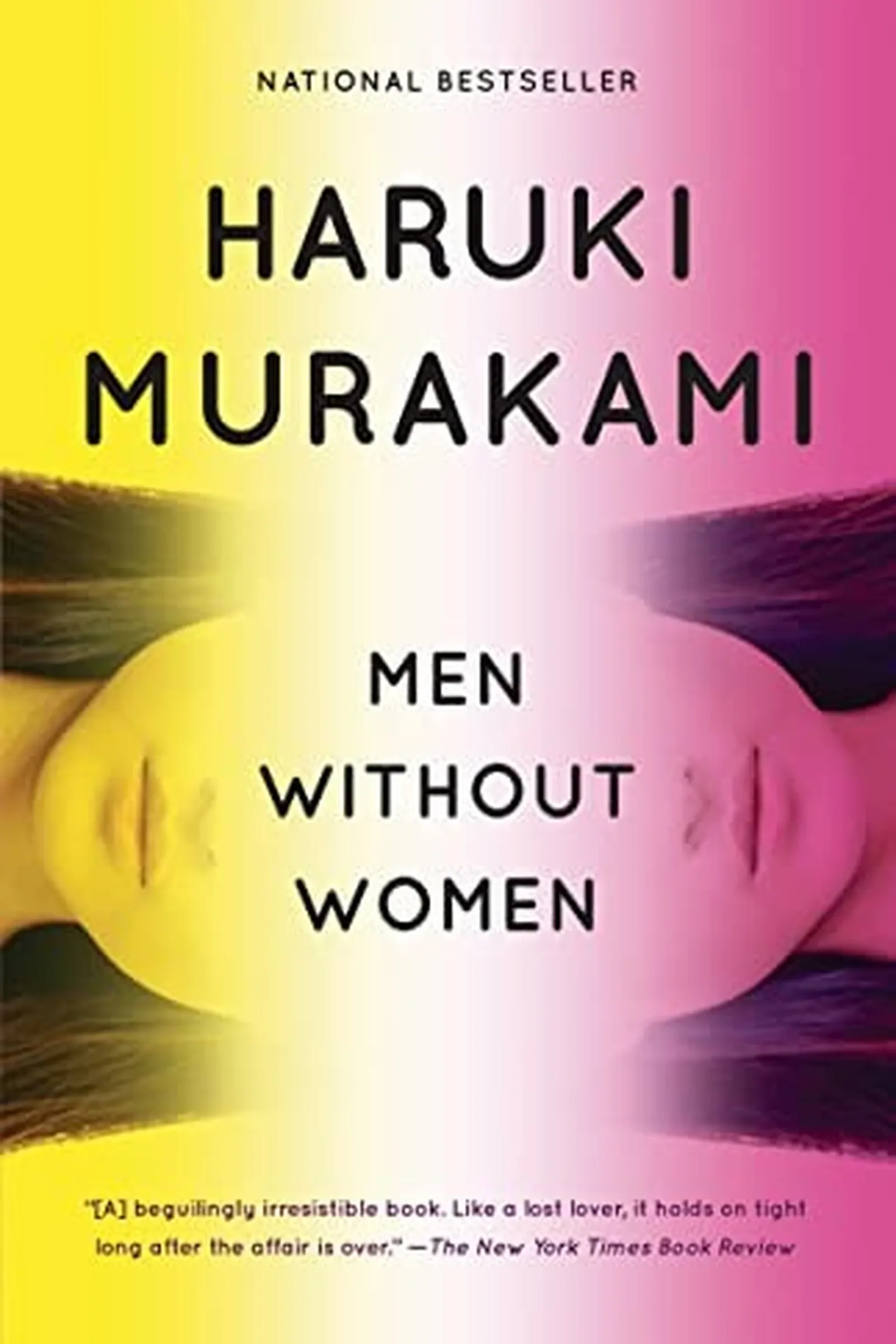Men Without Women Review
About
Published in 2014 (English translation, 2017), Haruki Murakami’s Men Without Women is a collection of seven stories about isolation, loss, and the quiet absurdity of being alive. Each tale centers on a man who has, in some way, lost a woman—through death, distance, or emotional erosion. Murakami’s familiar dreamlike tone is here stripped to something rawer and more human. The result feels both personal and universal, like overhearing someone confess a secret they don’t fully understand themselves.
Overview
The stories move between surrealism and realism with seamless grace. “Drive My Car” follows an actor grappling with grief through conversation with his female chauffeur. “Yesterday” captures the ache of a friendship and the love that never quite fits. “Kino” turns the ordinary act of opening a bar into an emotional haunting. Murakami’s men are not tragic heroes—they’re people who have paused midlife and discovered that silence echoes louder than loss.
Summary
(light spoilers) Each story approaches loneliness from a slightly different angle. In “Drive My Car,” Kafuku realizes that understanding his late wife’s infidelities might not matter—what matters is the act of listening. “Kino” blends realism with menace as a man’s new bar becomes a sanctuary that slowly poisons him. “Samsa in Love,” a playful inversion of Kafka, turns transformation into tenderness. By the time we reach the final story, “Men Without Women,” the narrator describes the experience of losing love as becoming an entirely new species—a different kind of being. The cumulative effect is meditative, like listening to music you don’t quite comprehend but can’t stop feeling.
Key Themes / Main Ideas
• Isolation — emotional exile in ordinary life.
• Masculinity — fragility disguised as composure.
• Memory — the past as a haunting companion.
• Communication — what remains unsaid carries the most weight.
• Music and routine — art as survival against emptiness.
Strengths and Weaknesses
• Strengths — Subtle emotional depth, poetic restraint, and the hypnotic rhythm of Murakami’s prose.
• Strengths — Each story leaves behind a trace, like a half-remembered dream.
• Weaknesses — The detachment may frustrate readers seeking resolution or overt passion.
• Weaknesses — Some stories echo one another too closely in tone, though that repetition feels intentional.
Reviewed with focus on themes, audience, and takeaways — Haruki Murakami
| SKU: | BOOK-qTekVB |
|---|---|
| Category: | Short Stories |
| pa_author | Haruki Murakami |
|---|---|
| ISBN | 978-4-815-14665-3 |
| pa_year | 1970 |
| Pages | 217 |
| Language | English |
Related products
-
The Lottery, Shirley Jackson, 1948
- Author: Shirley Jackson
- Genre: Short Stories
- Publisher: Farrar, Straus and Giroux
- Publication Year: 1949
- Pages: 32
- Format: Paperback
- Language: English
- ISBN: 978-0374529920
- Rating: 4,0 ★★★★☆
-
The Bloody Chamber, Angela Carter, 1979
- Author: Angela Carter
- Genre: Short Stories
- Publisher: Vintage Classics
- Publication Year: 1979
- Pages: 256
- Format: Paperback
- Language: English
- ISBN: 978-0140178210
- Rating: 4,1 ★★★★☆
-
Nine Stories, J.D. Salinger, 1953
- Author: J.D. Salinger
- Genre: Short Stories
- Publisher: Little, Brown and Company
- Publication Year: 1948
- Pages: 320
- Format: Paperback
- Language: English
- ISBN: 978-0316767729
- Rating: 4,1 ★★★★☆
-
Interpreter of Maladies, Jhumpa Lahiri, 1999
- Author: Jhumpa Lahiri
- Genre: Short Stories
- Publisher: Houghton Mifflin
- Publication Year: 1999
- Pages: 198
- Format: Paperback
- Language: English
- ISBN: 978-0395927205
- Rating: 4,1 ★★★★☆
-
Dubliners, James Joyce, 1914
- Author: James Joyce
- Genre: Short Stories
- Publisher: Penguin Classics
- Publication Year: 1914
- Pages: 288
- Format: Paperback
- Language: English
- ISBN: 978-0143107453
- Rating: 4,0 ★★★★☆
-
Tenth of December, George Saunders, 2013
- Author: George Saunders
- Genre: Short Stories
- Publisher: Random House
- Publication Year: 2012
- Pages: 272
- Format: Paperback
- Language: English
- ISBN: 978-0812984255
- Rating: 4,1 ★★★★☆







